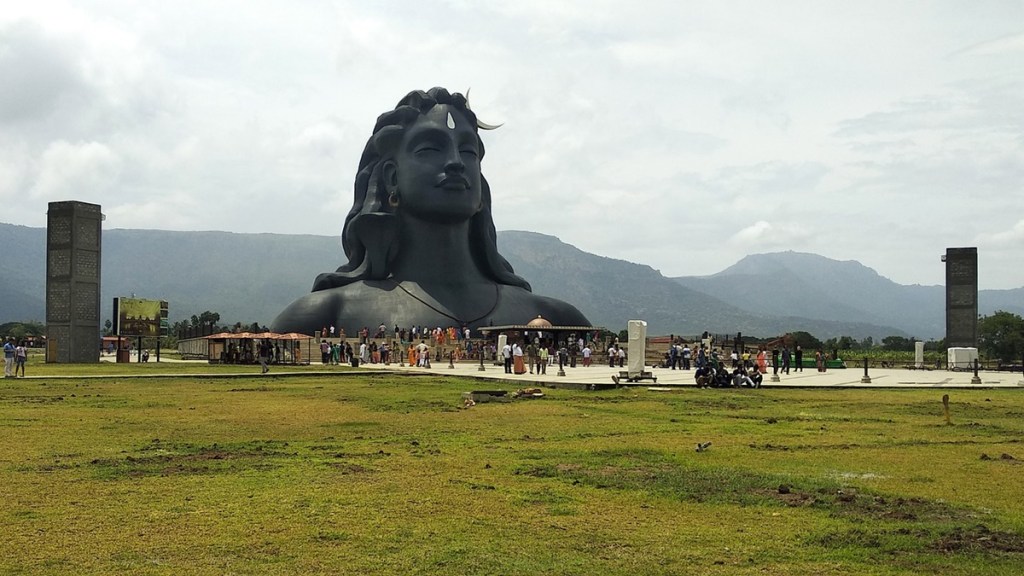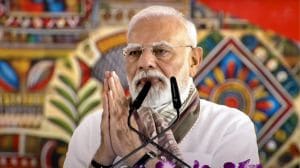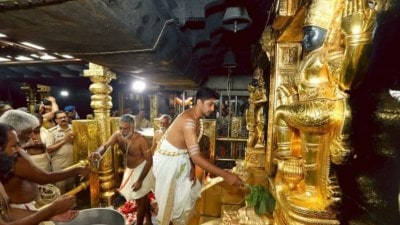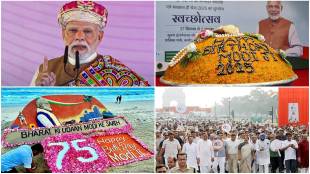Maha Shivratri 2024 History: The festival of Maha Shivaratri is celebrated with great devotion and enthusiasm across India and in Hindu communities worldwide. Temples are adorned with flowers and lights, and elaborate rituals are performed by priests and devotees. Special offerings such as bael leaves, milk, honey, and fruits are made to Lord Shiva, symbolizing devotion and gratitude.
Maha Shivratri: When is it celebrated?
Maha Shivratri falls on the 14th day of the dark fortnight in the Hindu lunar month of Phalguna (Phalgun Krishna Chaturdashi). This year, the festival will be celebrated on March 8. Devotees observe fasts and engage in prayers and rituals throughout the day and night, culminating in special midnight prayers.
A Look Back: The History of Maha Shivratri
The origin of Maha Shivaratri according to ancient Hindu scriptures and mythology comes from the tale that this day marks the wedding anniversary of Lord Shiva and Goddess Parvati. It is believed that on this day, Lord Shiva performed his divine Tandava Nritya (cosmic dance), symbolizing creation, preservation, and destruction.
Another popular belief associated with Maha Shivaratri is the legend of Samudra Manthan, the churning of the ocean. As per Hindu mythology, during this celestial event, a pot of poison emerged from the ocean, threatening to destroy the universe. In order to save the world, Lord Shiva drank the poison, but held it in his throat, turning his neck blue. Thus, Maha Shivaratri is also observed as a day of gratitude for Lord Shiva’s benevolence and sacrifice.
The significance of Maha Shivratri
Maha Shivaratri holds immense significance in Hindu culture and spirituality, signifying various aspects of devotion and penance.
Spiritual Awakening: Maha Shivaratri is considered highly auspicious for spiritual seekers and devotees striving for self-realization. It is believed that sincere prayers and meditation on this day can lead to the attainment of spiritual enlightenment and liberation (moksha).
Renewal and Rejuvenation: Maha Shivaratri is regarded as a time for inner reflection, purification, and renewal of spiritual vows. It is an opportunity for devotees to cleanse their minds and hearts of impurities, and to seek forgiveness for past mistakes, paving the way for spiritual growth and transformation.
Observance of Fasts and Vigils: Devotees observe strict fasts and stay awake throughout the night, engaging in prayers, chants, and bhajans dedicated to Lord Shiva. The nightlong vigil, in some cultures, mean performing the wedding of Lord Shiva and Parvati, and in some cultures, it symbolizes vigilance against darkness and ignorance while seeking the blessings of Lord Shiva for spiritual growth and purification.
Apart from its religious significance, Maha Shivaratri is also celebrated as a cultural festival, with vibrant processions, folk dances, and musical performances dedicated to Lord Shiva. Devotees often visit sacred sites and temples associated with Lord Shiva, seeking his blessings for health, prosperity, and spiritual well-being.









